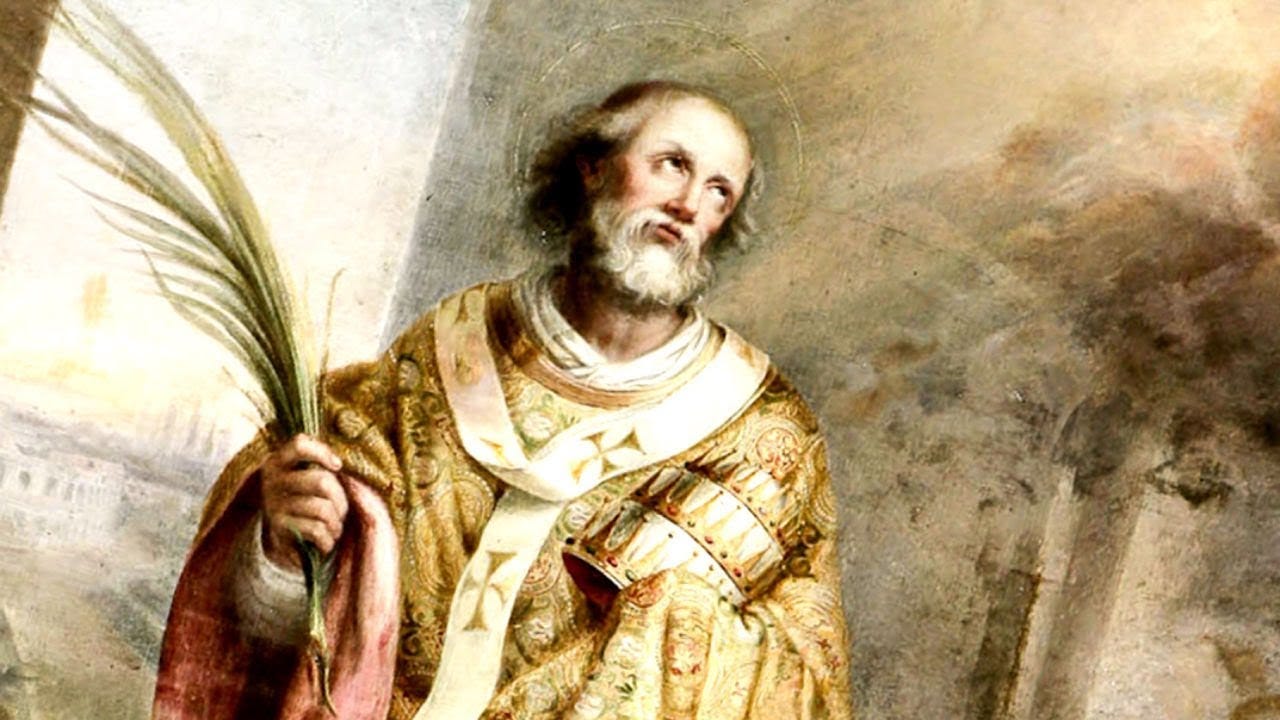Leo the Great: The Lion Who Roared for the Incarnation
The First of the Leos | Pope St. Leo I (440–461 AD)
“The lowliness of my person is overshadowed by the dignity of the office.”
— St. Leo the Great, Sermon II
The first time the Church heard the name Leo from the mouth of Peter’s successor, the world was teetering on the edge of chaos. The Roman Empire was crumbling. The barbarians were at the gates. Heresies—those serpents in the garden of doctrine—slithered into the minds of the faithful. And from the See of Rome, a voice rose like thunder across the storm: not in anger, but in clarity.
That voice belonged to Pope Leo I, later called Magnus—the Great. He was not born in an age of peace. He was born for crisis.
The Man: Humble, Resolute, and Hidden in Christ
Leo was born in Tuscany, likely in the closing years of the 4th century, a son of the West even as the Western Roman Empire began to fragment. Before ascending to the papacy, he served as a deacon under Popes Celestine I and Sixtus III. Already then, his brilliance was evident—particularly in matters of doctrine and diplomacy. St. Cyril of Alexandria trusted him. The emperor envoys listened to him.
He became Pope in 440 AD, succeeding Pope Sixtus III. His election was not merely administrative—it was providential.
He saw the papacy not as a throne, but as a burden of love, placed upon shoulders unworthy, but strengthened by grace. In his Sermons, he often spoke not of himself, but of Peter, who continued to speak through him. “The care of the universal Church,” he wrote, “should converge towards Peter’s one See.”
The Heresies He Fought
Leo lived in an age when the Church’s understanding of Christ—true God and true man—was under siege. Two particularly virulent errors defined his pontificate:
Nestorianism, which separated the divine and human natures of Christ too drastically;
Eutychianism (Monophysitism), which collapsed the two natures into one, denying Christ’s full humanity.
In response, Leo composed his greatest theological work: The Tome of Leo, a letter written in 449 AD to Flavian, the Patriarch of Constantinople. In it, Leo affirmed with unmatched precision that Christ is:
“…one and the same Son, perfect in Godhead and perfect in manhood, truly God and truly man… to be acknowledged in two natures, without confusion, without change, without division, without separation.”
— Tome of Leo
This masterpiece of orthodoxy was received at the Council of Chalcedon (451 AD) with thunderous acclaim: “Peter has spoken through Leo!” cried the bishops. And indeed, he had. The Council defined the Christological dogma for all time. Leo was not simply preserving doctrine—he was protecting the face of Christ for every soul who would ever pray before a crucifix.
The Day He Stood Before Attila
But Leo’s greatness was not only theological. He was also a peacemaker, defender of the poor, and protector of Rome.
In 452 AD, the barbarian warlord Attila the Hun marched upon Rome. And then something miraculous occurred. Without swords, without an army, Leo rode out to meet him, accompanied only by envoys. No battle was fought. No blood was shed. Attila turned back.
Why?
Some say Attila feared plague or famine. Others say he was bribed. But tradition—and a certain whisper in the heart of the Church—holds that Attila beheld a supernatural vision during his meeting with Leo: Sts. Peter and Paul appeared behind the Pope with swords drawn, threatening divine punishment if he harmed the city.
What is certain is this: Rome was saved. Not by force, but by holiness.
The Lion’s Legacy
Leo reigned for 21 years, dying in 461 AD. His writings—96 sermons and 143 letters—form one of the most beautiful and coherent theological bodies of any pontiff. He laid the foundation for understanding the Pope not as a mere bishop among equals, but as the universal pastor, the visible head of Christ’s Church on earth.
He was declared a Doctor of the Church in 1754 by Pope Benedict XIV—one of only a few Popes to bear that title.
“Feed my lambs. Feed my sheep.”
Christ entrusted Peter with His flock. Leo fed them not with bread alone, but with doctrine that endures, and courage that saved a city.
Final Thought: The Lion Still Speaks
The name Leo begins here—not as pomp, but as witness. St. Leo the Great teaches us that doctrine is not dry, but the living safeguard of salvation. He teaches us that the Pope is not a politician, but a shepherd who may one day stand between the wolf and the sheep.
When we look at the Church today—its trials, scandals, reformations and need for clarity—we need the roar of Leo again.
And perhaps… it has never ceased.


